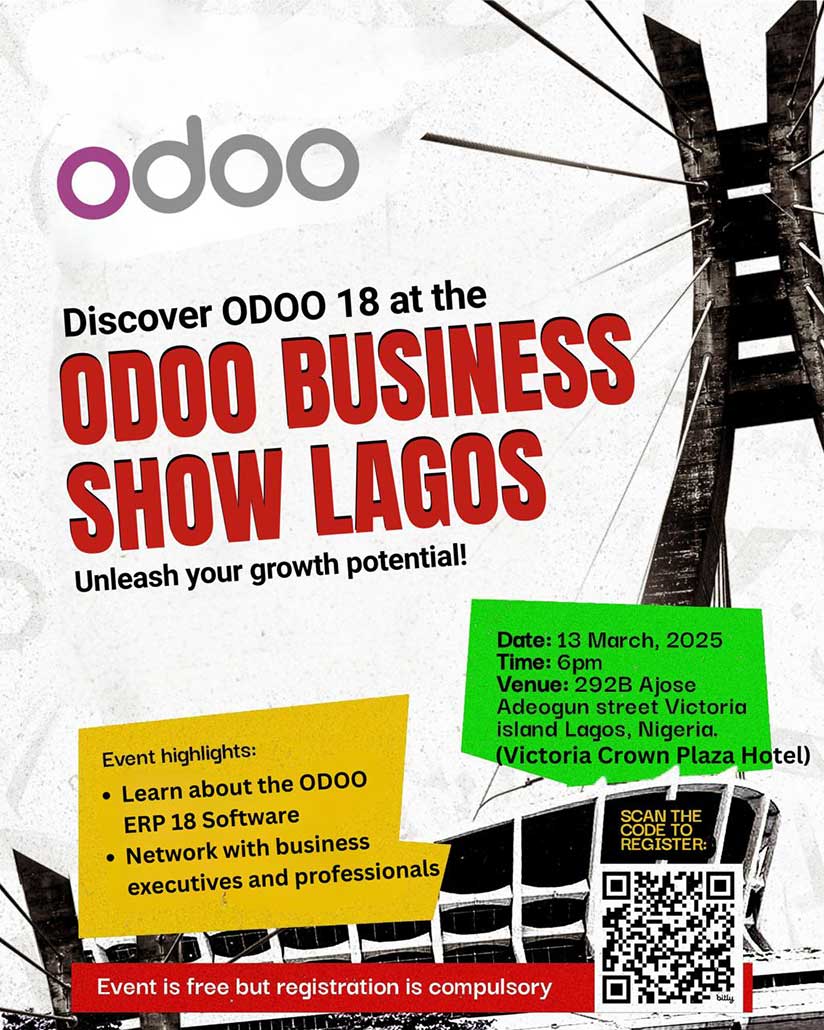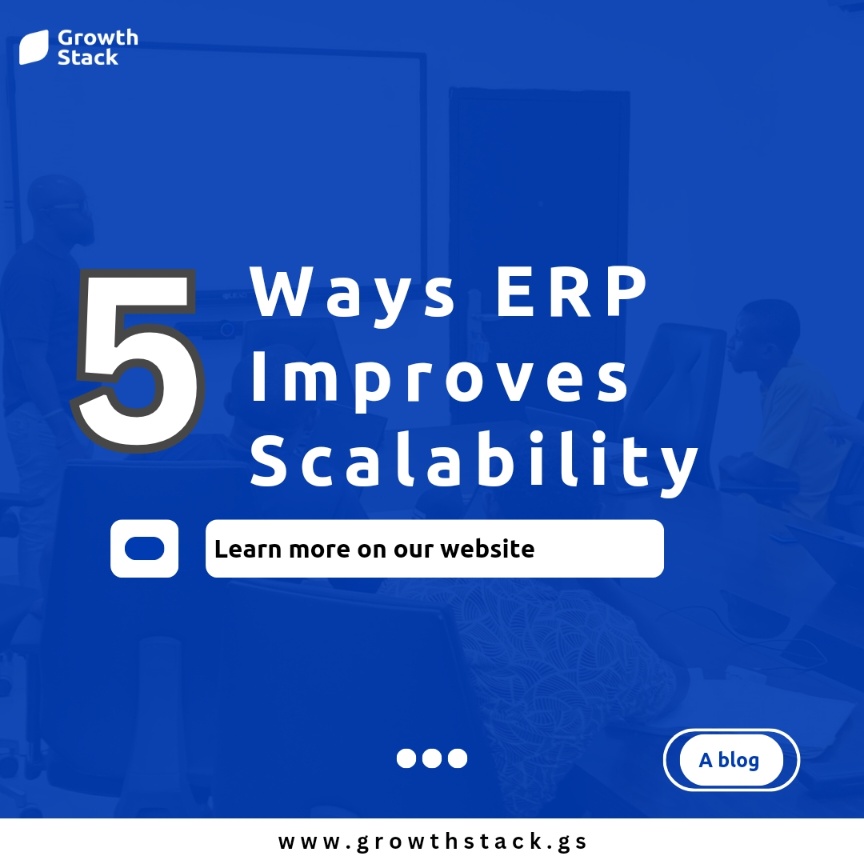What is the definition of Business Process Automation?
Business Process Automation (BPA) is defined by Gartner as “the automation of complex business processes and functions beyond conventional data manipulation and record-keeping activities, usually through the use of advanced technologies.”
This means that Business Process Automation can be applied to manual, repeatable tasks throughout an organization to improve efficiency, while at the same time connecting applications and streamlining processes throughout departments, from employee onboarding in Human Resources to procurement in Finance.
What is the difference between Business Process Automation and Digital Process Automation?
This is a very good question, and there is much debate around whether the two terms differ. But the two terms can be, and are, used interchangeably.
The term Digital Process Automation (DPA) was first used by Forrester in 2017. Bizagi was named a leader in the Forrester Wave for Digital Process Automation for Deep Deployments in 2019.
DPA uses software to help orchestrate the people applications, devices and information across an organization, which is also an accurate description of BPA.
What is the difference between Business Process Management and Business Process Automation?
Business Process Management (BPM) is a related practice to BPA. BPM is more focused on the process models themselves, and how to model, analyze, measure improve and optimize business processes, according to Gartner’s definition.
Business Process Automation in the other hand applies to a broader set of activities: automating those processes and then applying them throughout the business to improve efficiency, promote collaboration, and enable connectivity.
It should be noted though, that BPA evolved from BPM. The method builds on traditional BPM to help businesses further optimize end-to-end processes and deliver enterprise-wide digital transformation.
What are the benefits of Business Process Automation?
- Improve efficiency – quickly completes tasks, without any manual interference, saving time and money
- Enhance the customer experience – makes data available that allows the customer journey to be put into context and help organizations to create more personalized experiences.
- Enable connectivity – integrates systems and eliminates silos to provide a single view of business data to enable better informed and more efficient decision making
- Promote connectivity – Business and IT teams can collaborate more effectively though a single platform
- Business orchestration – supports the coordination of people, systems and information across the organization to support business strategy












